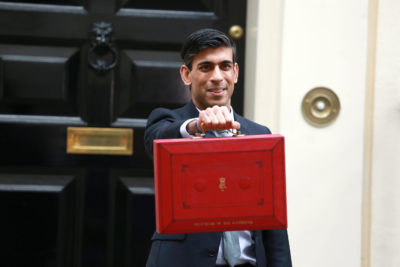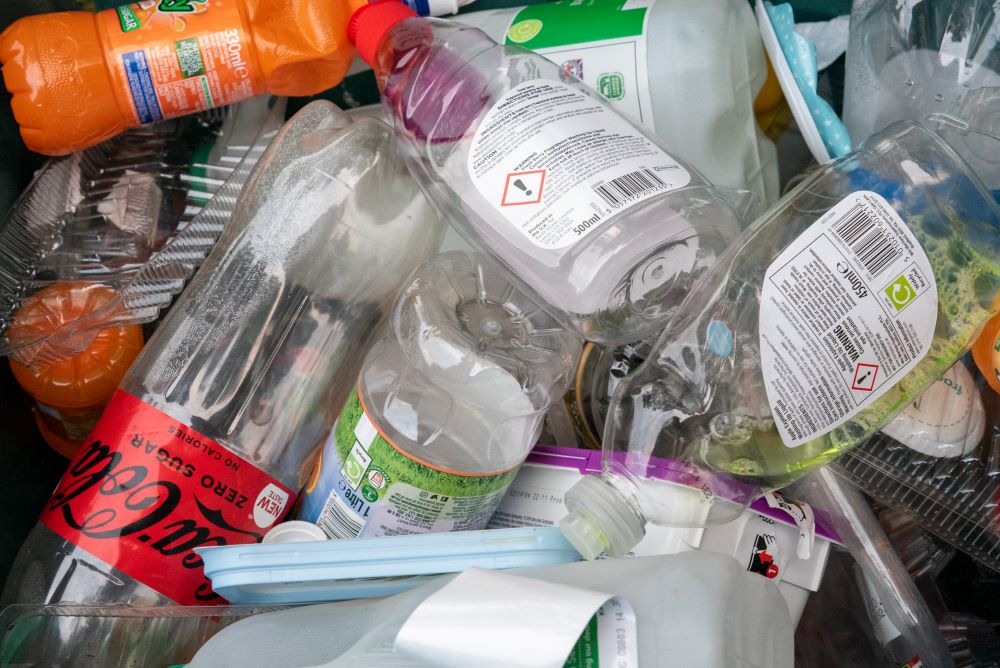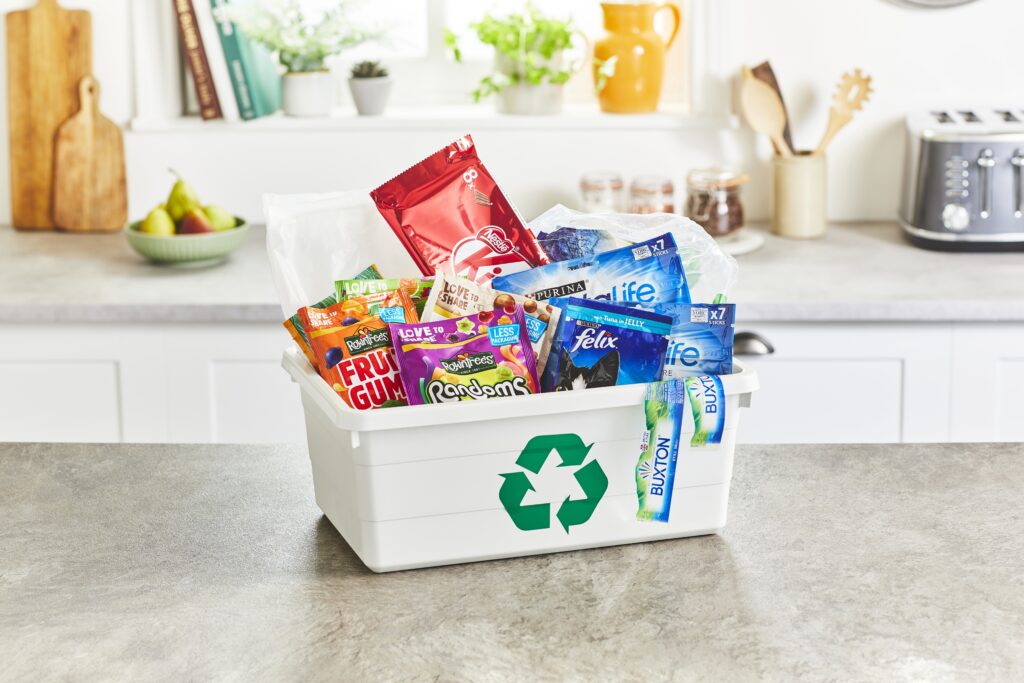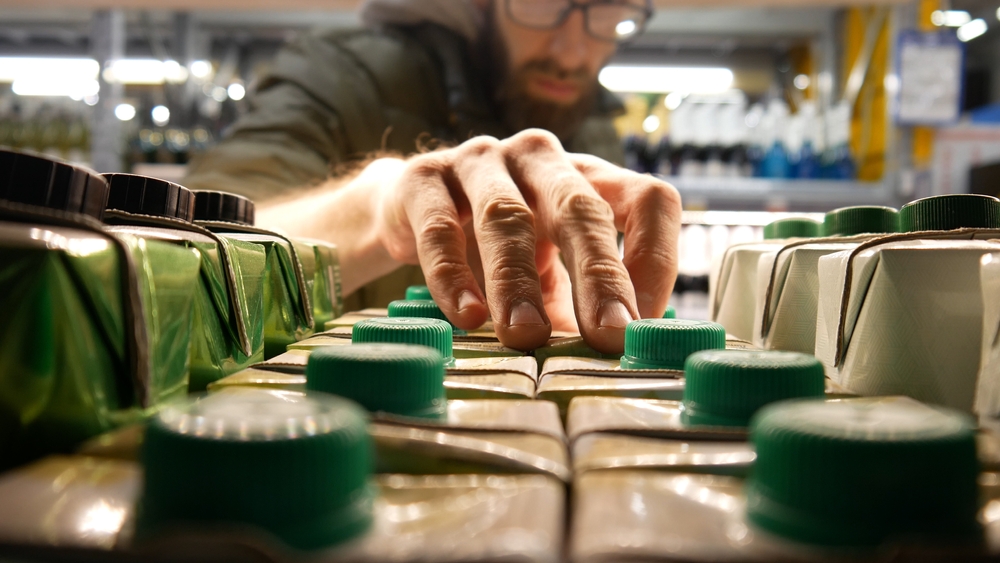The considerable boom in the recycled content of plastic packaging was forecast by the Treasury in a policy paper published last week in relation to Budget 2021.

It said legislation will be introduced in the Finance Bill 2021 to establish the tax, which will be set at £200 a tonne for packaging with less than 30% recycled content.
Predicting what would be a substantial increase in the use of recycled plastic in packaging, the Treasury document stated: “The rationale of this tax aims to increase the use of recycled content in plastic packaging and it is estimated that as a result of the tax the use of recycled plastic in packaging could increase by around an estimated 40%. This is equal to carbon savings of nearly 200,000 tonnes in 2022 to 2023, based on current carbon factors.”
The document went on to say there was some uncertainty and that the policy could divert plastics from disposal. It noted: “Estimates of behaviour change have been noted as including a high degree of uncertainty by the OBR. The policy may also help to divert plastics from landfill or incineration, and drive recycling technologies within the UK.”
The Finance Bill 2021 will set out how the levy will be collected, recovered and enforced, as well as the scope of the tax and who will be liable to pay the tax and need to register with HMRC.
Liability
The Treasury also reiterated that the tax will apply to those importing material.

“This is a new tax that will apply to plastic packaging manufactured in, or imported into the UK, that does not contain at least 30% recycled plastic. Plastic packaging is packaging that is predominantly plastic by weight,” the Treasury said.
It’s hoped the tax “will provide a clear economic incentive for businesses to use recycled material in the manufacture of plastic packaging”, which will create greater demand for this material.
“In turn this will stimulate increased levels of recycling and collection of plastic waste, diverting it away from landfill or incineration,” the Treasury added.
Costs
The Treasury says the measure is not expected to impact individuals unless businesses pass on the charge.
It is expected that if all the tax is passed on to individual consumers, the cost to consumers will be small as plastic packaging usually makes up a very small amount of the total cost of goods.
The cost of running the tax is thought to be around £400,000 a year, with estimated capital costs of £10-20 million for developing a new computer service to support this tax, together with £22 million in staff and other resource costs.
The tax is expected to generate revenues of £235 million in 2022/23, raising by a further £10 million the following year, before falling to £225 million in 2024/25 and £210 million in 2025/26.
Business

The tax, along with other waste reforms, has already led to greater investment in UK plastic reprocessing plants and contracts to provide a UK market for recycled plastic.
Yesterday waste and recycling firm Biffa announced a partnership with the UK arm of Austrian-based ALPLA Group to “to ensure more British recycled plastic is used in the manufacturing of UK homecare products”.
As part of the agreement, Biffa will provide food grade polyethylene terephthalate (rPET) plastic pellets from its recycling facility in Seaham, County Durham, to ALPLA UK.
ALPLA describes itself as a “ a leading plastic packaging company”, and says the recycled plastic will be used in the packaging of fay-to-day household products in the UK, such as washing-up liquid and cleaning product bottles.
Consultations
Although being run separately by the Treasury, the policy paper comes soon before a raft of consultations are set to launched on other waste reforms.
It’s widely expected that the consultations are due to land soon. The consultations will look at a deposit return scheme, consistent collections and reform of the extended producer responsibility systems.
Related links:
Introduction of Plastic Packaging Tax from April 2022 – GOV.UK (www.gov.uk)











Subscribe for free